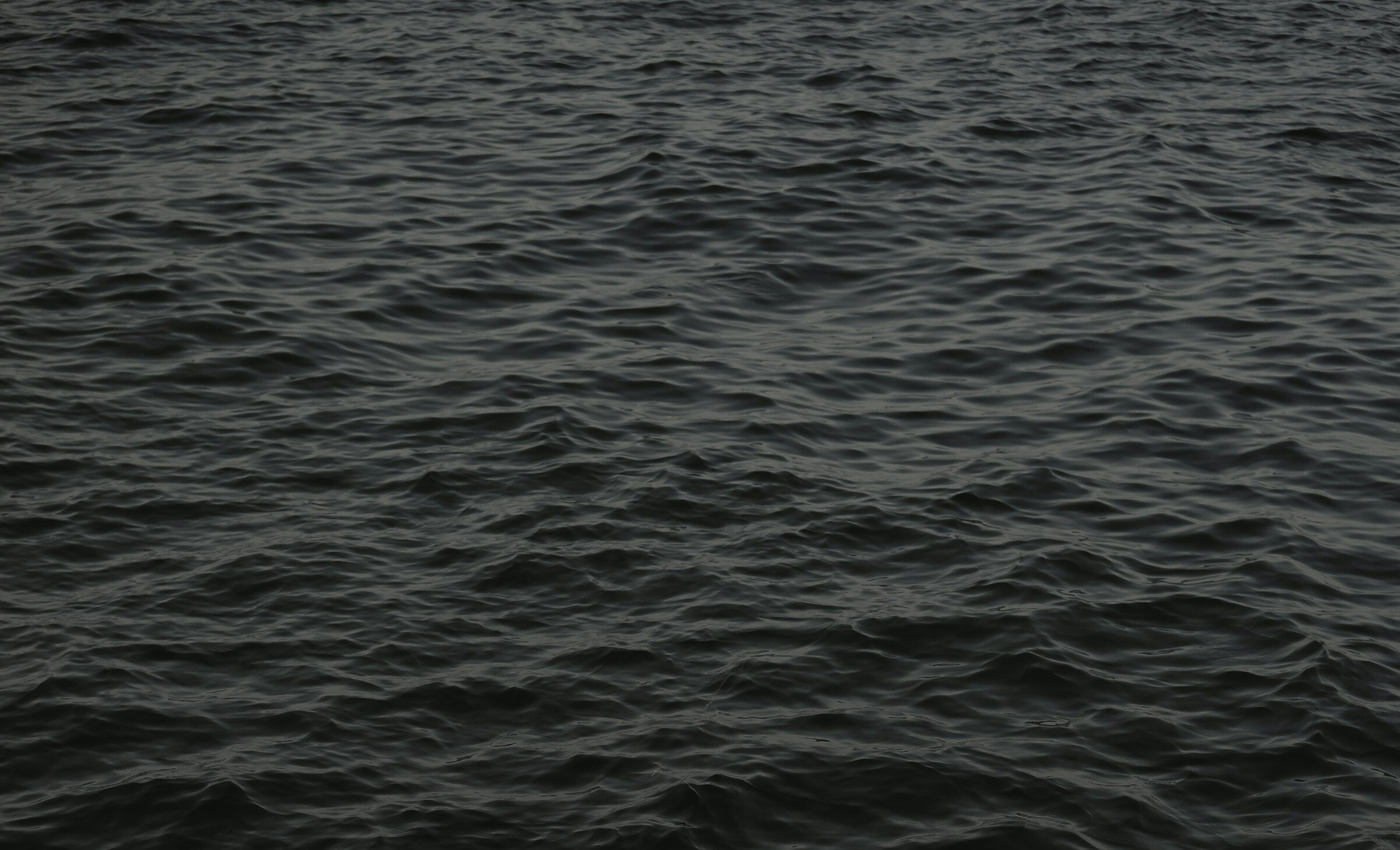On 24 June 2024, the European union introduced its 14th package of sanctions against Russia. The package contains a large number of new restrictive measures, targeting a range of different sectors of the Russian economy. However, of crucial importance to the LNG market are the new EU sanctions concerning transhipment and import of LNG.
The new EU rules on transhipment, import and LNG-related services are now contained in the new Articles 3r, 3t and 3u of Regulation (EU) No 833/2014 (as amended by Regulation (EU) 2024/1745). Click here to download.
The thrust of the new sanctions is to prevent the EU states from facilitating or assisting the marketing of Russian LNG globally, that is, where it is sold and used in markets other than the EU, such as Asia and South America. A typical example of this is where LNG volumes are produced at a Russian facility and then transported (in dedicated vessels) to a hub in the EU, where the volumes are transhipped and then carried in conventional LNG carriers to these non-EU markets.
Interestingly, the EU authorities did not include a blanket, automatic exception for transhipment of Russian LNG when it is being transported to an EU member state. Instead, such transhipment must be separately authorised by the relevant national competent authority (NCA) if it is necessary to transport LNG to an EU country and this country has confirmed it is needed to ensure its energy supply.
The new sanctions do however prohibit the import of Russian LNG if it is imported through LNG terminals in the EU that are not connected to the EU’s interconnected natural gas system. The new sanctions do not apply to reloading services when those are necessary for the bunkering of LNG-fuelled vessels in the territory of the EU.
Lastly, there is an obligation to report unloading and import operations of Russian LNG into the EU – the aim of this requirement is discussed below.
Transhipment – what is prohibited?
The main prohibition bans the provision of “reloading services” for the purposes of “transhipment operations” of LNG (which is usually classified under customs code CN 2711 11 00) in the territory of the EU. The only LNG targeted is gas which either originates or has been exported from Russia.
The regulation does not define what constitutes reloading services. However, it is relatively clear from the definition of transhipment operations what activities will now be prohibited.
This includes:
Ship-to-ship transfers between two LNG vessels; and
Ship-to-shore transfers and reloading’s (e.g. the unloading of LNG from a vessel to a terminal tank, the stocking of LNG into the tank, and the reloading onto a vessel) – regardless of whether those are provided as individual or bundled services.
Perhaps realising the differences between national legal frameworks governing LNG, the EU authorities permitted national governments to establish local rules and guidance, to help determine which services qualify as the prohibited “reloading services for the purpose of transhipment operations”. However, the new rules contemplate that some EU states may opt out of creating such guidance.
The new EU sanctions also prohibit the provision of ancillary services (such as technical assistance, insurance, financing, financial assistance or brokering services) if they are related to the prohibited transhipment operations. This prohibition is most likely to impact the availability of insurance and bank financing where the underlying transaction includes transhipment in the EU territory.
For existing contracts that contemplate transhipment of Russian LNG in the territory of the EU, the new prohibitions do not kick in until 26 March 2025.
Transhipment – where do the prohibitions apply?
Importantly, the prohibited reloading operations must be taking place in the territory of the EU. This certainly includes the territorial seas of EU member states, which are usually 12 nautical miles from the coastal baselines. It is less certain whether EU states can enforce the new prohibitions in the so-called contiguous zone (which extends 24 nautical miles from the coastal baselines) and in the exclusive economic zones (“EEZ”), which extend 200 nautical miles from the coast.
As for the EEZ, the jurisdiction of the EU and its member states in that area is limited mostly to exploring and conserving natural resources. As the new prohibitions do not relate to these issues, it would be surprising if they applied in the zone.
As for the contiguous zone, the jurisdiction of the EU and its member states there is also limited – to preventing infringement of its customs, fiscal, immigration or sanitary laws and regulations within its territory or territorial sea. Although this is a grey area, a ship-to-ship transfer in the contiguous zone will likely not fall within the jurisdiction of the coastal states: even if such a transfer may be considered a violation of “fiscal” laws, it would originally occur in the contiguous zone itself and not in the territorial sea.
Drawing these threads together, it appears that transhipment in the territory of a third, non-EU country (e.g. the UK or Norway) or on the high seas should not in principle constitute a violation of the new EU sanctions – even if performed by an EU operator.
Unloading and import operations – reporting requirements
NCAs have an obligation to supervise compliance with the transhipment prohibition. To achieve that, NCAs are encouraged to lay down due diligence guidance for the identification of reloading services and such guidance must take account of the time between unloading and reloading, commercial links between unloading and reloading etc. Art. 3r of Regulation (EU) No 833/2014 introduces a monthly reporting obligation for legal persons performing unloading and import operations of Russian LNG
Even though the text of the Regulation is silent on this, it is fair to assume that reports should only be submitted by companies that provide transhipment services in the EU territory – so, for instance, an EU-registered entity that provides transhipment of Russian LNG outside of the EU is presumably not covered.
The reports must be submitted to the NCAs where the relevant companies are located and include information on all unloading operations and imports into the EU and the respective volumes.
It appears that the motive behind the above provisions is to ensure that any LNG which on paper, is earmarked for import into the EU is indeed imported and not reloaded for immediate re-export into a non-EU country.
Other prohibitions – goods and technology for completion of LNG gas projects
This new ban is contained in Art. 3 t of Regulation (EU) No 833/2014. It now prohibits the provision of any services, goods or technology by an EU person to any natural or legal person, entity or body in Russia when such goods, technology and services are for the completion of liquefied natural gas projects, such as terminals and plant.
Ancillary services related to such goods, technology or services in Russia (e.g. insurance, brokering or bank financing) are also prohibited for EU persons.
There is a cooling off period until 26 September 2024 to perform pre-existing contracts
Other prohibitions – import through LNG terminals in the EU that are not connected to the interconnected natural gas system.
Lastly, the new rules set out in Art. 3 u of the Regulation 833/2014 now prohibit the purchase, import or transfer by EU persons of Russian LNG if the gas is to be transferred through LNG terminals in the EU that are not connected to the EU’s interconnected natural gas system.
This is an important caveat – the prohibitions do not ban the import of LNG into the EU completely but only concern a relatively small number of LNG terminals that are not part of the EU interconnected natural gas system (whose development is being overseen by the European Network of Transmission System Operators for Gas). As the number of such terminals in the EU is small, the new sanctions are unlikely to impact the overall EU LNG imports significantly.
Notably, the import prohibition does not apply to supply of LNG “from the mainland of a Member State to its outermost regions” (which presumably refers to transfers to islands and overseas territories controlled by member states).
Ancillary services related to such import transactions (e.g. insurance, brokering or bank financing) are also prohibited for EU persons.
There is a cooling off period until 26 July 2024 to perform pre-existing contracts.
What to expect from the new sanctions?
Russia now exports more than 45% of its LNG to Europe, while the share of Russian LNG in the EU’s market structure amounts to slightly under 12%.












